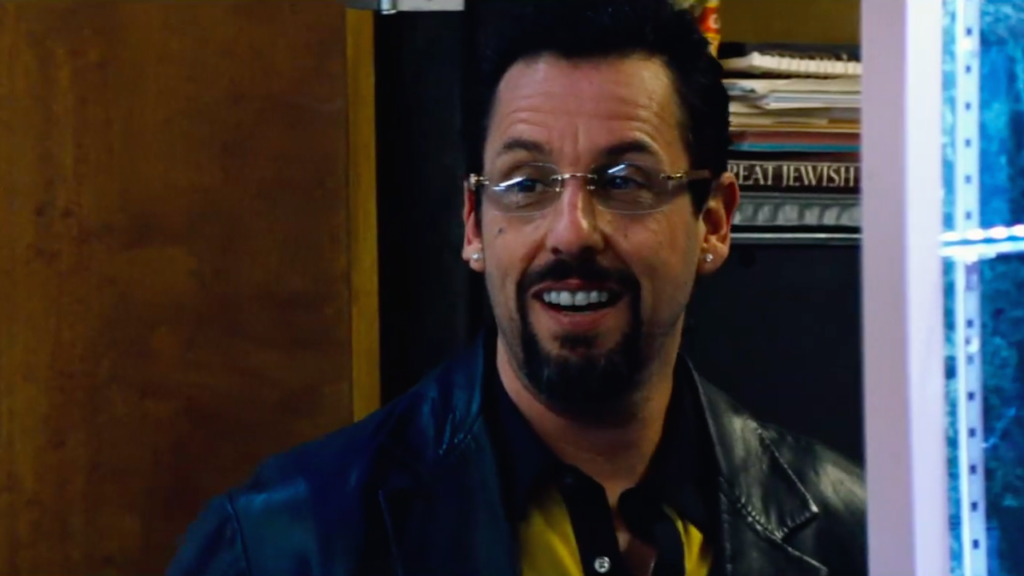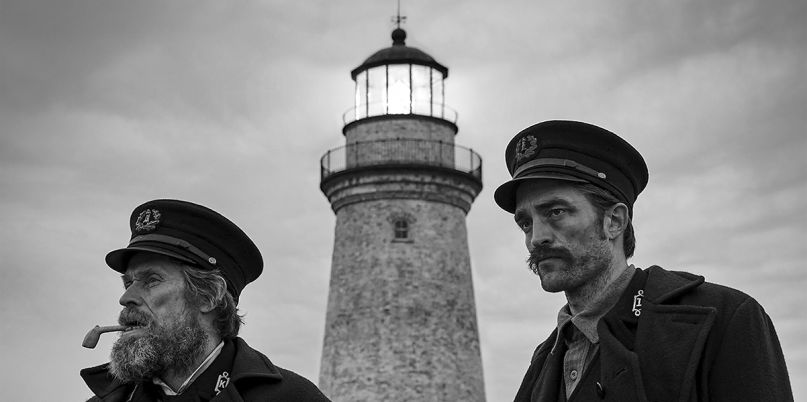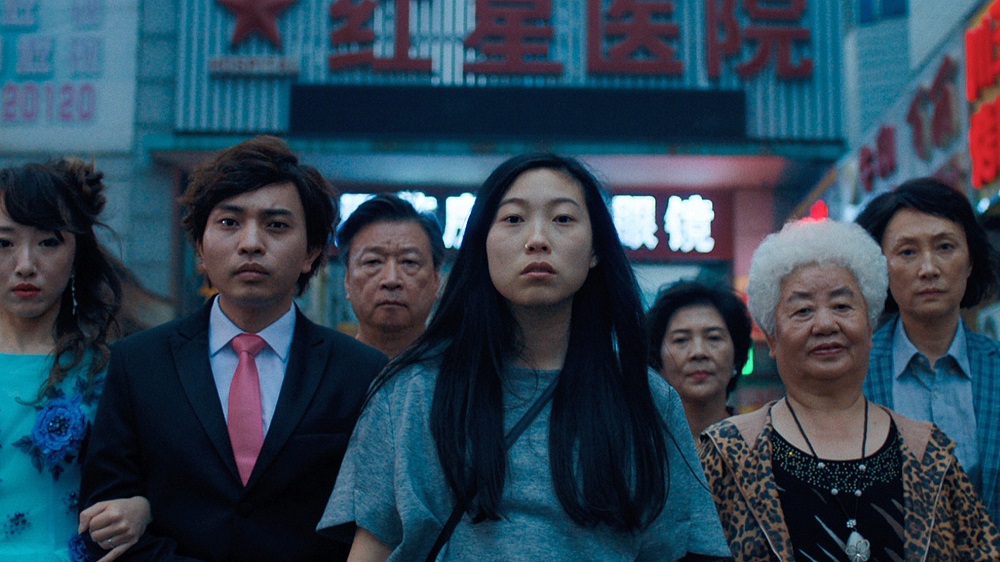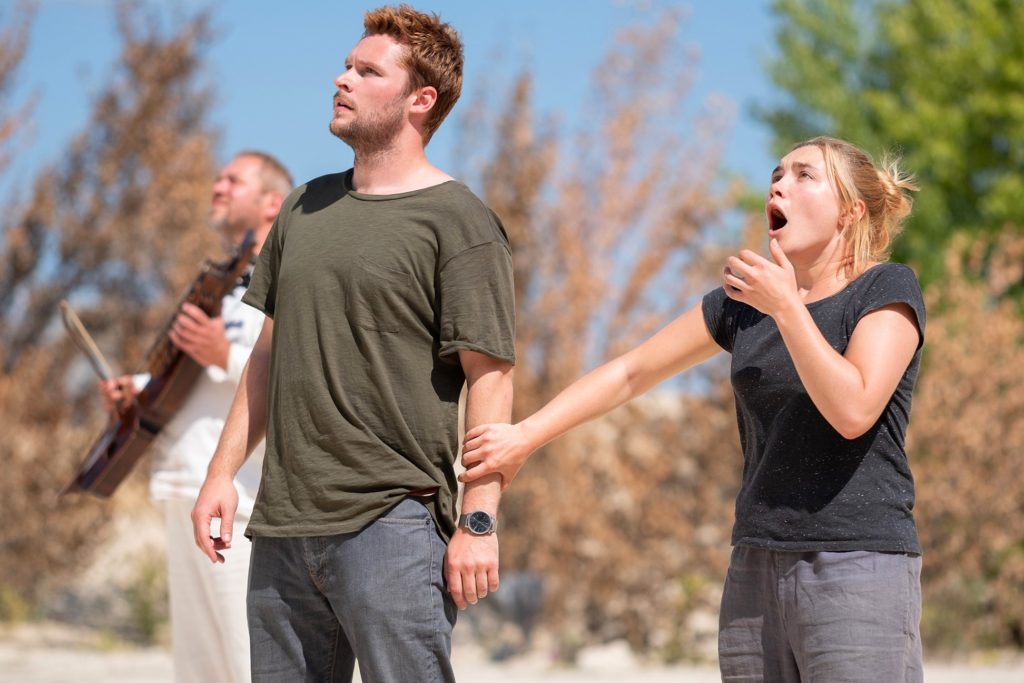The Best Movies of 2019

Cinema is dead. Long live cinema.
I don’t mean to be glib. These are turbulent times in the film trade. The ever-fluctuating artistic topography that is the movies somehow felt even more precarious than usual in 2019, with industry-wide fault lines cracking into seismic shifts. You’ve heard the cries of panic: about a sequel-saturated marketplace, about a dearth of original screenplays, about viewers watching new films—or, really, digitized reproductions—on their couch (typically via Netflix) rather than in the theater. Sure, some formulas remain sacred; after all, we can still count on Hollywood churning out safe products of hagiography, particularly where musical legends are concerned. (After Bohemian Rhapsody claimed four Oscars in 2018, this past year gave us Rocketman.) Yet there is nevertheless an uncertainty gripping global cinema, a sense of shifting currents and irregular tides. Even if 2020 is set to see Timothée Chalamet play Bob Dylan, I’m compelled to note that the movies, they are a-changin’. Read More




